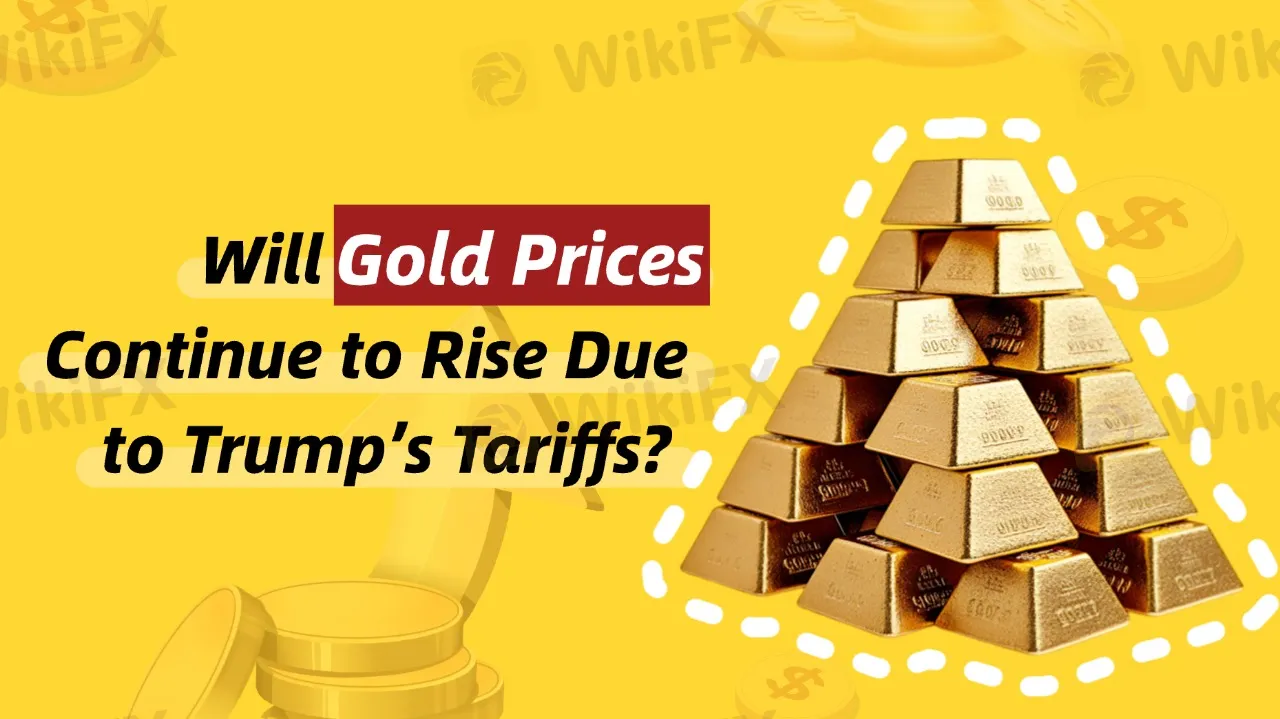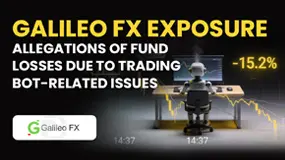Abstract:Recently, gold prices have been driven by rising U.S. government debt, persistent inflation, and growing economic uncertainty, showing strong performance.

Last week, gold prices briefly broke through the key $2,700 per ounce level, reaching as high as $2,726. Despite a slight pullback last Friday, the weekly gain remained nearly 0.5%, closing at $2,702.35 per ounce. On Monday morning (January 20), spot gold showed some weakness, trading near $2,690, mainly influenced by the effective ceasefire agreement in Gaza and the strength of the U.S. dollar. However, analysts remain optimistic about gold's upward momentum.
From a technical perspective, gold is currently facing a key resistance level at $2,725, and breaking through this level remains challenging. Despite a recent rebound, it is uncertain whether gold will be able to break through this strong resistance. If successful, gold could continue to rise to $2,770 or higher. If the resistance holds, support may be found near $2,694, with further downside potentially reaching the $2,600 support region. However, if gold remains above $2,700, its potential for further gains will increase.
Impact of Trump‘s Tariffs on Gold Prices
The Trump administration’s statements about supporting U.S. manufacturing through trade tariffs have drawn attention. These have raised concerns about inflation and fears that global economic growth may be impacted by a trade war. As a safe-haven asset, gold tends to perform well in times of economic uncertainty and geopolitical tension. Trumps tariff policies are likely to intensify this uncertainty, supporting gold prices. In times of risk, gold attracts safe-haven capital.
In the short term, $2,725 remains a key resistance level. Whether gold can break through this level will depend on the impact of Trump‘s policies on the U.S. dollar, yields, and expectations for interest rate cuts. If tariff and spending policies affect economic growth and fiscal deficits, gold’s upward momentum may be supported.
Trumps tariff policies may boost the U.S. dollar in the short term, but in the long run, inflation could make gold a top safe-haven investment.
Overall, although gold has performed strongly recently, its future movement will depend on global economic conditions and Trumps policy changes. If concerns over tariffs and slowing economic growth continue, gold may break through current resistance and see new upside potential. However, in the short term, gold could face some technical pressure, and investors should watch for the latest developments.










